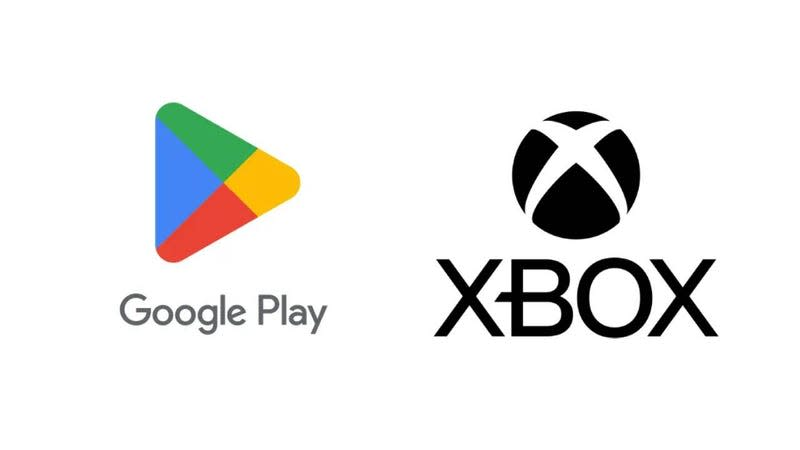Back in October, Microsoft announced that come November, it would be able to finally start selling Xbox games via its app on Android devices. This, as The Verge points out, has not yet happened. Now Xbox president Sarah Bond has taken to social media to lay the blame for this delay squarely at Google’s feet.
A year ago, Epic won a massive and surprising victory against Google in their ongoing lawsuit. Right now, all purchases on Android devices are required to go through Google’s payment system, from which the search company extracts a 30 percent fee. Epic, which wants to be able to sell Fortnite in-game items without handing a third of the money over to Google, went to court to argue this was anti-competitive. Epic’s win, followed by the judge’s rather excitable comments and eventual ruling in October 2024, meant Google would be required to end its dominance and allow alternative methods to make purchases on its devices from which it would not receive a cut.
Yes, “would,” because of course that hasn’t happened. Microsoft was perhaps a little over its skis in declaring its plans based on the ruling, given that of course Google appealed, and an “administrative stay” was granted to prevent this significant overhaul.
Posting on BlueSky yesterday, Sarah Bond explained the reasons for the delay from her perspective. “I recently shared our ambition to unlock these features first with the Google Play Store on Android devices in the U.S. while other app stores adapt to meet consumer demand,” she wrote, within a thread. “Due to a temporary administrative stay recently granted by the courts, we are currently unable to launch these features as planned.”
Bond goes on to say that Microsoft has the “functionality built and ready to go live,” but is waiting on the court to get the go-ahead.
This all gains an extra layer of irony, given Microsoft’s new “This is an Xbox” ad campaign, predicated on the idea that any device can be an Xbox thanks to streaming. That’s still true of your Android phone, of course, via the browser, but Microsoft is clearly looking for a contained system in which it can sell you games via Android, and then let you play them in the same app.
Google has long argued that it needs to keep taking a third of everyone’s money for the safety of its customers, as its own Play Store prevents bad actors from abusing the system. “Microsoft, like Epic, are ignoring these very real security concerns,” said the company in a statement to The Verge.
There’s also a lot of confusion that Microsoft doesn’t seem keen to clear up, given Sony allows you to buy games from its PlayStation app, as does Steam, although of course neither of these then allow you to play the games via that application. It’s not immediately clear if Sony or Valve is paying the 30 percent, or avoiding it due to running payments through web pages loading within their apps, but either way, Microsoft clearly isn’t intending to do it any time soon.



